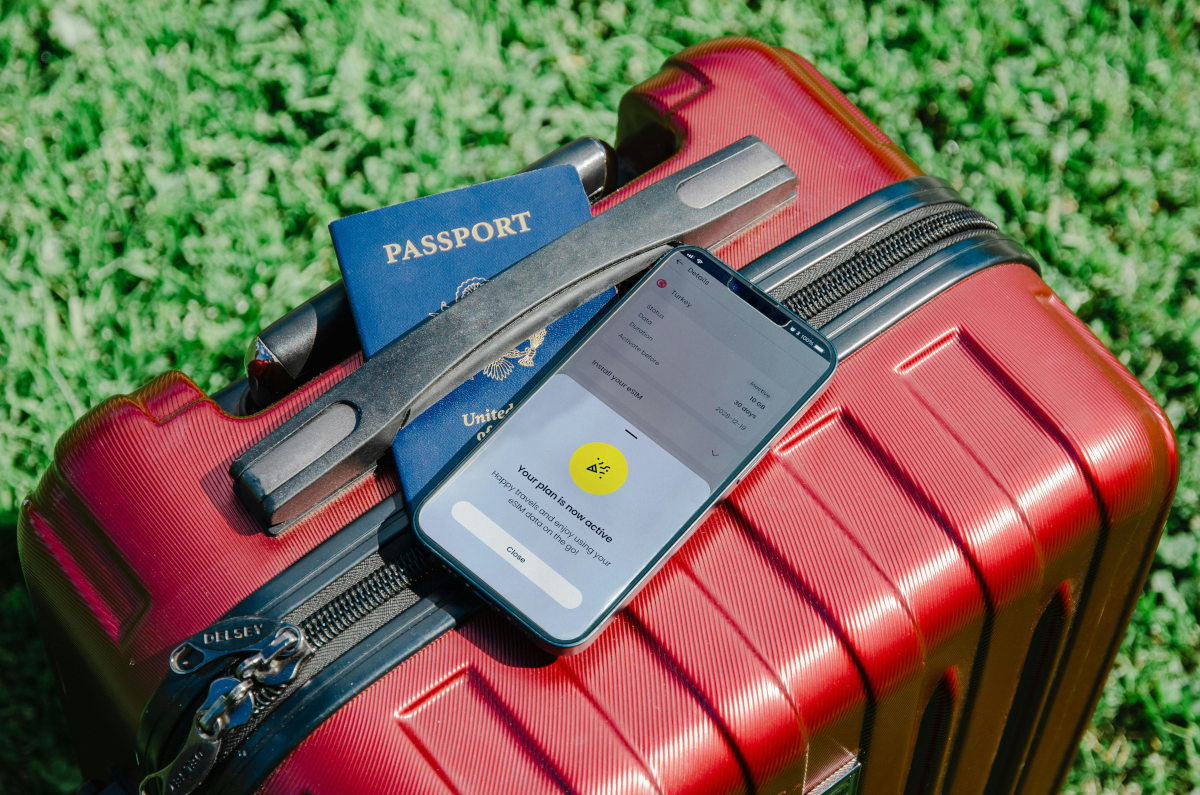Brits reject idea of a digital ID scheme
29th September 2025

Britain is having déjà vu, and not the good kind. More than a million Brits have signed a petition in just 24 hours urging the government to scrap plans for mandatory digital ID cards, a scheme many see as a step toward mass surveillance. The so-called “Brit card” would be required for every adult to prove their right to live and work in the UK, a move Prime Minister Keir Starmer insists will help curb illegal immigration and streamline access to public services. But critics aren’t buying it. Civil liberties groups like Big Brother Watch are calling the plan “Big Brother in your pocket,” warning that forcing citizens onto a state-controlled ID system is a shortcut to constant monitoring. They point out that the UK government has a patchy record when it comes to safeguarding data, NHS databases have been hacked, and ransomware gangs have walked away with terabytes of sensitive information before. Adding a centralized digital ID could make every Brit’s personal details a prime target. Even Starmer’s own party has rebels in the ranks. MP Nadia Whittome has called the scheme “divisive, authoritarian nonsense,” while Nigel Farage has branded it nothing more than a tool for controlling law-abiding citizens. The fear isn’t far-fetched: if combined with the already controversial Online Safety Act, mandatory IDs could create a future where everything you do online is traceable and tied to your real identity, no more pseudonyms, no more anonymity. This is exactly where VPNs come into play. If the Brit card becomes reality, tools like VPNs will be one of the few ways left to preserve some semblance of digital privacy. VPNs can mask your online identity, encrypt your traffic, and make it much harder for government or corporate systems to build a detailed profile on you. It’s not paranoia, it’s good digital hygiene in a world where surveillance is the default. Parliament is now obliged to debate the petition, and public consultation is coming later this year. Whether the Brit card survives the backlash remains to be seen, but one thing is clear: if the UK is heading toward mandatory digital IDs, privacy-conscious citizens will need to take matters into their own hands, starting with protecting their internet connection.




